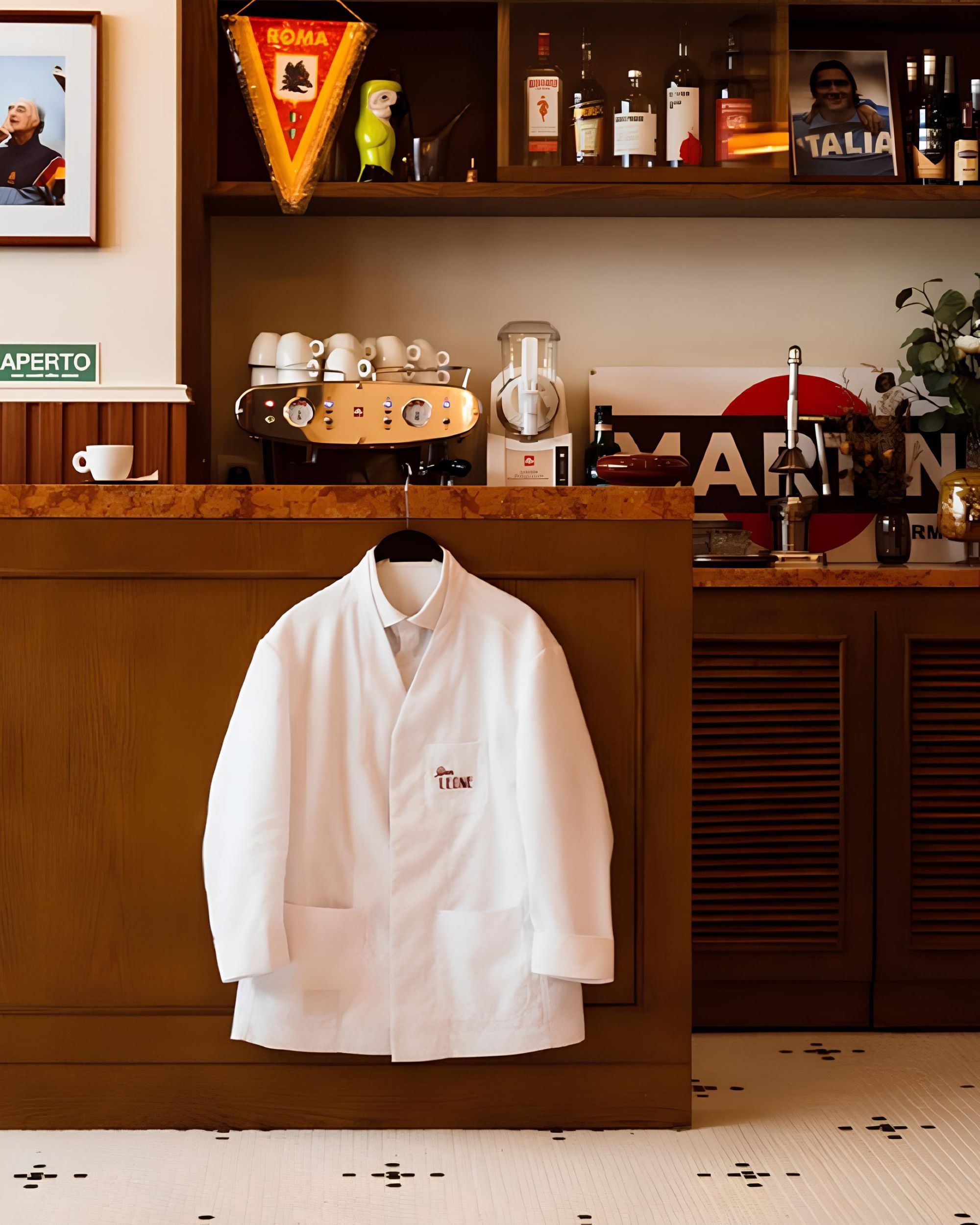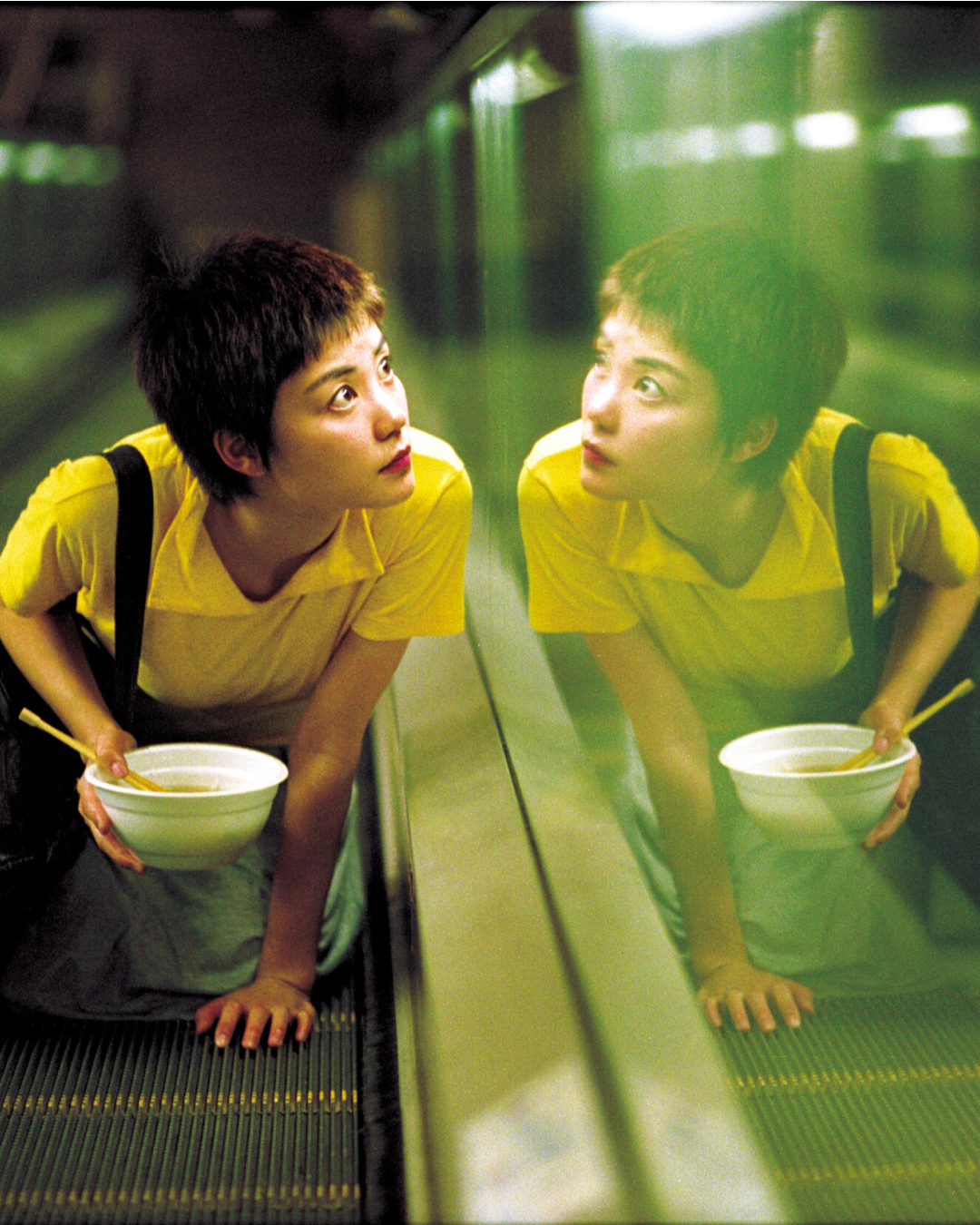
Why China's economic uncertainty is threatening the fashion industry In a confusing and divided landscape, fashion looks to tax havens Hong Kong and Macau
Yesterday, the young and popular Chinese designer Calvin Luo announced the gradual suspension of all business activities starting from the first quarter of 2025. Founded in 2014, the brand was considered a representative of a new wave of young Chinese designers capable of breaking into and finding success in the Western world, as has recently happened with Mark Gong and evidenced by the growing success of the Shanghai Fashion Week. In an official announcement, Luo did not mention economic problems, saying he did not want to «remain in this intense cycle of the industry indefinitely». Nonetheless, the announcement surprised many as CalvinLuo had already reached significant milestones, including presentations in New York and Paris and collaborations with over 300 boutiques across China. Despite this success, Luo cited the relentless pace and increasing pressures in managing the brand as the main factors influencing his decision. This news highlighted the challenges faced by young Chinese designers who must navigate a frenetic business environment and face increasing competition. However, it is almost impossible that the peculiar financial moment China is going through did not influence this decision. For months, financial reports from European fashion groups have indicated that the halt in extravagant spending by Chinese customers is the main cause of their problems. Indeed, two days ago, an article by Bloomberg began by saying that «China’s economic miracle is ending» and last week’s economic data on the first quarter of the national economy painted an uneven picture.
Now, the country’s economic situation appears vast, nuanced, and complex: the economy grew by 5.2% in 2023, an improvement from the 3% growth recorded in 2022 but still one of the weakest performances of the past thirty years for the world's second-largest economy. Slightly below expectations, fixed asset investments increased by 4.5% while real estate investments sharply declined, dropping by 9.8% year-on-year. This is a significant issue for the middle class as 70% of Chinese household wealth is tied to real estate. New property sales plummeted by 27.6% in the first quarter, and new home prices in 70 cities fell rapidly by 2% in March compared to a year earlier, according to Goldman Sachs' calculations based on NBS data. Despite an urban unemployment rate of 5% and slowing consumer spending, industrial production showed good growth, increasing by 6.7% year-on-year in April, exceeding analysts' expectations. Thanks to various scrappage incentives, retail sales grew by 4.7% between January and March, especially for appliances, cars, as well as sports activities, entertainment, cigarettes, alcohol, and dining. Yet, consumer confidence remains cautious due to uncertainties about future income and other economic factors.
The Ambiguity of Interpretations
@bloombergbusiness Even high earners in #China with six-figure #salaries are cutting back on their #spending — and it’s not good news. What’s fueling their concerns and what does this mean for the country’s #economy — Allen Wan explains. #money original sound - Bloomberg Business
The strength of the industrial sector shows a misalignment between the sector’s performance, also supported by the government, and weak consumer spending. «Manufacturers are doing the heavy lifting, while households sit on the sidelines», said Harry Murphy Cruise, an economist at Moody’s Analytics to CNN. «If the officials can’t convince households to loosen the purse strings, the economy risks having too many eggs in one basket», Cruise continued. For context: China has set an annual growth target of around 5% for 2024. To achieve this, authorities have lowered interest rates to stimulate bank lending and accelerated central government spending on infrastructure projects. Therefore, investments in fixed assets, such as factories, roads, and power grids, have increased as mentioned above. Nevertheless, these data and these dual growth speeds have divided public opinion, especially in America where relations with China are never too relaxed.
China's 296 mn migrant workers face slower wage growth, its new university graduates are struggling to find work, the urban middle class has lost money in a policy-induced housing crisis, & wealthy are bleeding from Beijing's crackdowns on the internet, banking, & health sectors. pic.twitter.com/VYYUEKr6LT
— Fang wie (@wie_fang6) May 21, 2024
According to Anne Stevenson-Yang, who is the co-founder of J Capital Research and an author, «with the real estate market imploding, the government […] has begun touting a revival in domestic consumption, but many Chinese are merely […] hoarding assets such as gold against an uncertain future. So the government is again falling back on manufacturing». At the same time, «local governments borrowed like crazy, but with no real plan for paying the money back. Now many are so deep in debt that they have been forced to cut basic services like heating, health care for senior citizens and bus routes. Teachers aren’t being paid on time, and salaries for civil servants have been lowered in recent years. Millions of people all over China are paying mortgages on apartments that may never be finished. Start-ups are folding, and few people, it seems, can find jobs». However, in April, the data are interpreted differently by Nicholas R. Lardy of Foreign Affairs, who noted that despite real challenges, the exaggerated concerns about China’s economy are not supported by the data. Both analyses are interesting but start from two different assumptions: Stevenson-Yang claims not to believe the data published by the Chinese government, while Lardy does, making the former seem somewhat catastrophic and the latter so optimistic as to sound biased.
The Tax Havens
Amidst such confusion, brands have set their sights on Hong Kong, a paradise free from customs duties and sales taxes, full of millionaires and billionaires. According to Federica Levato, senior partner and head of EMEA fashion and luxury at Bain & Company, who spoke to MF Fashion about Hong Kong's economic situation, by the end of 2023 «The luxury personal goods market in Hong Kong is currently valued at 3 to 5 billion euros, which is significantly lower than the peak of around 8 billion in the mid-2010s. However, the location has regained its position as the market with the highest per capita spending on luxury goods. It has established itself as an area with a high concentration of High-Net-Worth Individuals (HNWIs) and is a popular destination for tourist flows from China, who have higher purchasing power». Also, Macao, according to Louis Vuitton director Pietro Beccari, «is currently being incentivized by the Chinese Government to diversify their sources of entertainment-related revenue beyond gaming, resulting in billions of dollars of investments. Many people from Hong Kong visit Macau for the weekend. There is a new connection between the two cities».















































